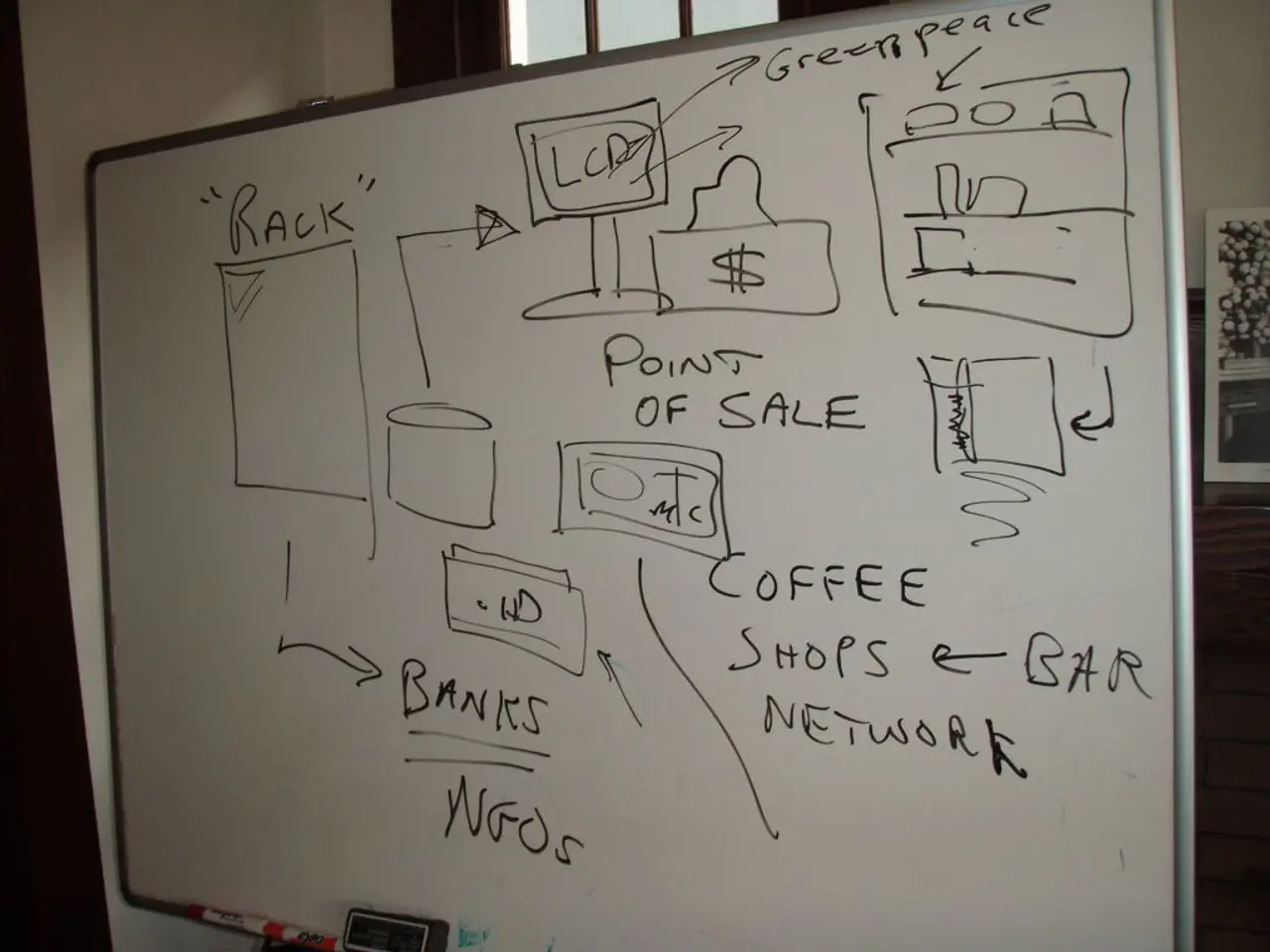Future-Driving Quantum Computation Infrastructure: Key Platforms Propelling the Quantum Realm Forward
In the rapidly evolving field of quantum computing, several platforms are making strides in making this technology accessible to a wider audience. This article will delve into some of the key players, including PennyLane, BlueQubit, D-Wave, Amazon Braket, and Azure Quantum.
PennyLane, an open-source library by Xanadu, is a unique blend of quantum computing and machine learning. It's compatible with popular machine learning frameworks such as PyTorch and TensorFlow, making it an attractive choice for data scientists. PennyLane works with multiple quantum computing backends, including IBM and Amazon Braket, among others.
BlueQubit, a cloud-based quantum computing platform, is another notable player. Led by its co-founder and CEO, Hrant Gharibyan, BlueQubit allows users to build, simulate, and run quantum applications across multiple hardware backends. The platform is hardware-agnostic, providing users with the flexibility to access various quantum hardware providers.
D-Wave's Ocean SDK offers fast problem-solving capabilities, particularly for complex optimization problems. Tailored to quantum annealing, a method suited for optimization problems, the SDK has practical use cases with many enterprise applications already in place. It's ideal for logistics, scheduling, and route planning.
Amazon Braket, AWS's managed quantum computing service for businesses and researchers, provides an Integrated Development Environment (IDE) for building and testing circuits in the cloud. It supports multiple quantum computing backends, including D-Wave, IonQ, and Rigetti. Amazon Braket easily connects with AWS Machine Learning tools and offers pay-as-you-go pricing, making it cost-efficient for startups and academic institutions.
Azure Quantum offers enterprise-ready solutions, with strong support for industries including logistics, finance, and chemistry. Azure Quantum combines classical and quantum resources seamlessly and uses the Q# programming language, a domain-specific language built for quantum computing. It's especially appealing for users working within the Microsoft ecosystem or looking for scalable business solutions.
Each of these platforms brings unique offerings to the table, contributing to the exciting advancements in the field of quantum computing. As these technologies continue to develop, we can expect to see even more innovative applications and solutions emerge.
Read also:
- Peptide YY (PYY): Exploring its Role in Appetite Suppression, Intestinal Health, and Cognitive Links
- Toddler Health: Rotavirus Signs, Origins, and Potential Complications
- Digestive issues and heart discomfort: Root causes and associated health conditions
- House Infernos: Deadly Hazards Surpassing the Flames








